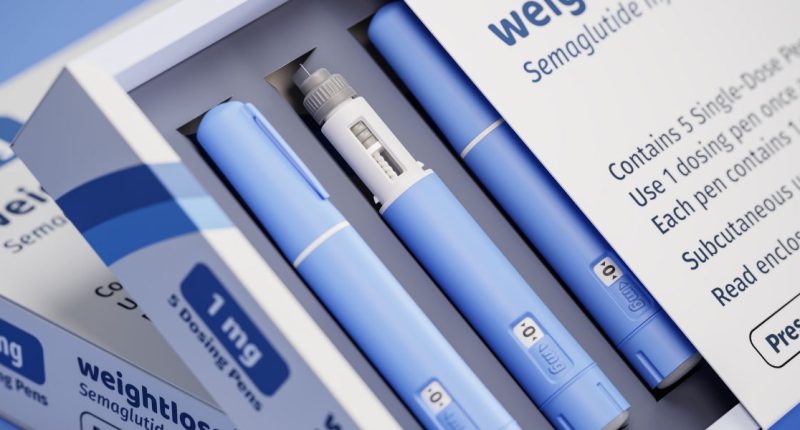A BBC News investigation has revealed serious concerns about the online sale of weight-loss drugs Wegovy and Mounjaro, with undercover reporters able to obtain the medications by falsifying health information – despite regulatory rules designed to prevent this.
Both drugs, which mimic the GLP-1 hormone to help reduce appetite and aid weight loss, are meant to be prescribed only to eligible individuals under strict guidelines. Yet, the BBC’s test purchases exposed how online pharmacies, including MedExpress and Juniper, provided access to these powerful medications without verifying eligibility through proper consultation or confirmed medical records.
The General Pharmaceutical Council (GPhC) updated its regulations in February 2025 to label weight-loss injections as high-risk medicines, requiring pharmacies to conduct independent checks of patients’ height, weight, and BMI before prescribing. However, the BBC was able to bypass these safeguards simply by entering false information into online questionnaires and uploading photographs. In both cases, no in-person or virtual consultation took place.
Dr Ali Ilyas, a GP based in Cleethorpes, North East Lincolnshire, highlighted the scale of the issue:“It’s happening a lot – people are going onto these online providers and getting their way around by filling out simple online forms without any actual consultation. On average, we probably get 15 to 20 requests every day for weight loss injections.”
- Ozempic offered without proper checks by private clinics
- Weight loss plateau unavoidable even with Ozempic and Wegovy
- Mounjaro more effective than Wegovy in first comparison trial
He emphasised the duty of care for prescribers, warning: “If people are getting these medications without appropriate consultation, it could lead to serious harm.”
According to the National Institute for Health and Care Excellence (NICE), Wegovy and Mounjaro should only be prescribed to adults with a BMI of at least 35 and a weight-related health condition, or a BMI of 30 if the condition is significant. Private providers are also expected to follow the Medicines and Healthcare products Regulatory Agency (MHRA) criteria, which allow for prescribing from a BMI of 27 if the patient has prediabetes, hypertension, or other metabolic conditions.
Despite these standards, the BBC found that both Juniper and MedExpress issued prescriptions within days based solely on form submissions.
In response, Juniper stated: “A deviation from protocols was identified which does not reflect our usual practice and we will be taking the appropriate action. We are committed to patient safety and are urgently investigating the matter.”
MedExpress declined to comment.
Rebecca Quarmby, a 32-year-old from Goole, told the BBC she began taking Mounjaro four months ago after seeing it repeatedly on TikTok.
“All I had to do was fill out a simple questionnaire about my weight. I did lie about my weight just to meet the threshold… and I got the pen within 24 hours.”
Rebecca now believes the drug may be linked to symptoms she’s experiencing, including hair loss – an effect listed in the drug’s patient information leaflet.
“To begin with I was very tired, and over the weeks, I started to notice clumps of hair falling out when I brushed it.”
- Cardio after weights is the most beneficial training pattern
- Experts warn of osteoporosis risk after research finds weight loss jabs cause loss of muscle and bone mass
- Overweight teenage boys can damage genes of future children
Other common side effects of GLP-1 medications include nausea, diarrhoea, constipation, and stomach pain. More serious risks – though rare – include acute pancreatitis and severe allergic reactions.
Roz Gittins, Chief Pharmacy Officer at the GPhC, stressed that pharmacies must adhere to updated rules requiring independent verification of patient details before dispensing high-risk medicines.
“We continue to follow up on all concerns raised and conduct inspections to ensure that pharmacies are meeting our standards. We will also take action when needed to protect the public.”
Despite being available on the NHS in England, Scotland, and Wales through specialist weight management services, it is estimated that hundreds of thousands of people in the UK are obtaining Wegovy and Mounjaro through private, online channels.
The findings have reignited calls for tighter regulation and more robust enforcement to ensure these potent drugs are prescribed safely and only to those who meet medical eligibility.




